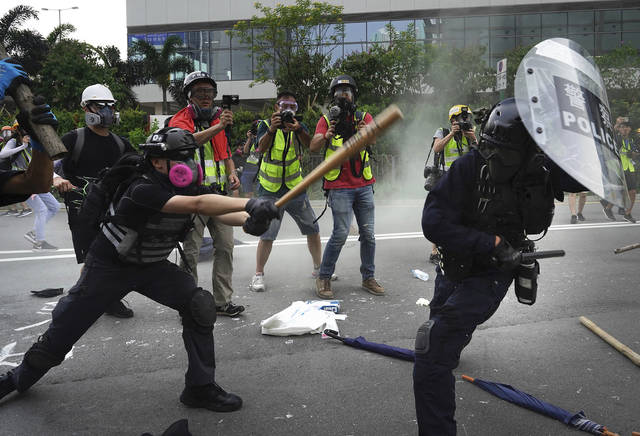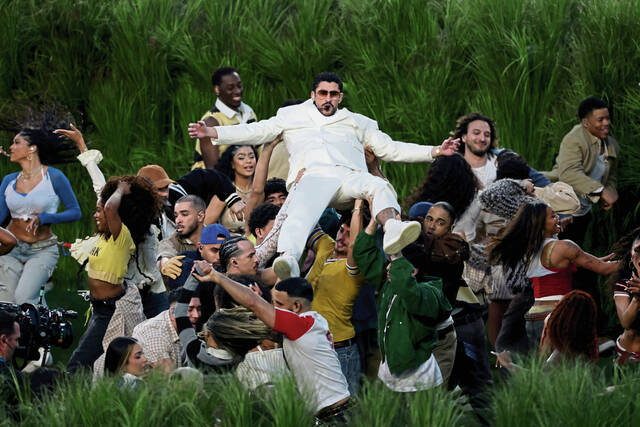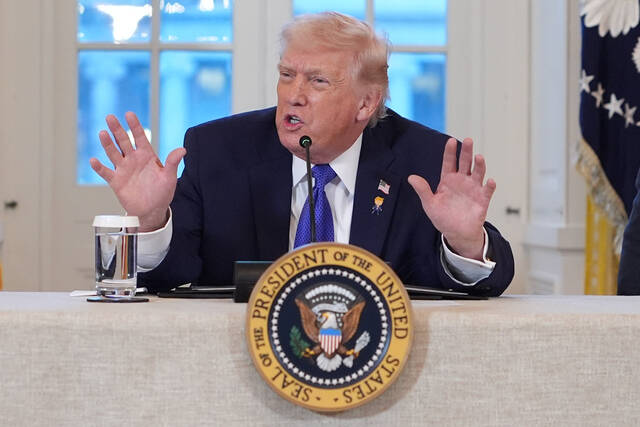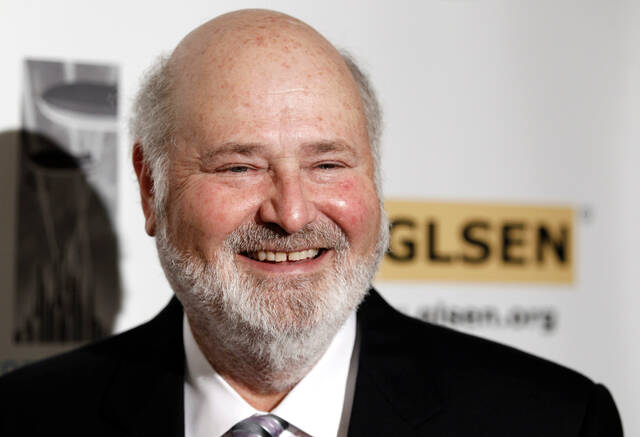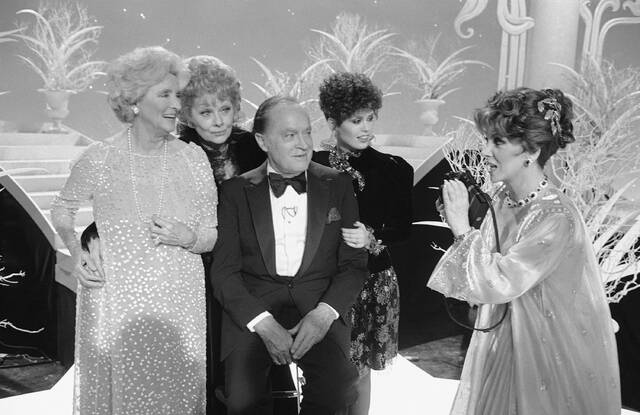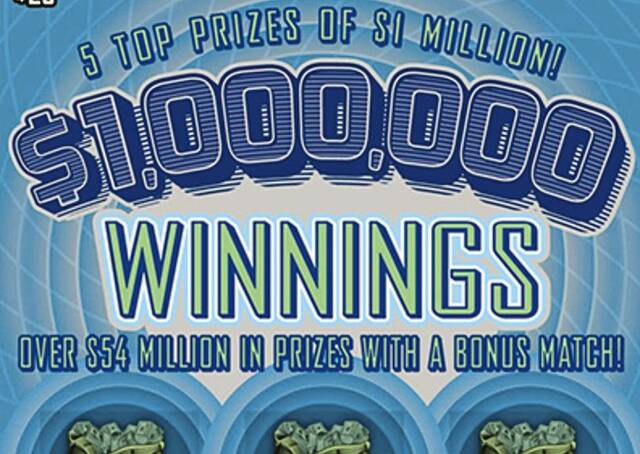What’s happening right now in Hong Kong is potentially very significant, albeit difficult to understand.
First, the background: On July 1, 1997, Hong Kong reverted from British colonial rule to Chinese control. Britain preferred to grant full independence, but the Chinese demanded Hong Kong back. Even then, communist China promised not to strangle Hong Kong. It vowed an arrangement of “one country, two systems.” China would respect Hong Kong’s free system.
How free?
For over two decades, Hong Kong has ranked as the world’s freest economy, according to the Heritage Foundation’s annual Index of Economic Freedom. Surprisingly, China has allowed Hong Kong to remain so. It has not killed the goose laying golden eggs.
Still, everyone has watched nervously for signs that China would begin meddling, and worse. Such are the impulses of a Communist Party-controlled state.
Those signs have existed for a while, especially the inability by residents to elect their own leader, known as the chief executive, a person chosen by a select committee of 1,200, with the remaining 3.8 million city residents having no vote.
That brings us to the latest developments. The current protests in Hong Kong started in June — the 30th anniversary of Tiananmen Square — in response to a bill that would force criminal suspects to be extradited to mainland China under certain circumstances. Hong Kong residents fear this would expose them to the unfair trials and human-rights violations endemic to the Chinese system. Not only would the bill allow China influence over Hong Kong’s coveted judicial independence, but it could allow China to target activists and create a dissident class to harass.
Protesters have taken to the streets, and Chinese police have responded with increasingly violent measures. A clear escalation seems to be unfolding, hauntingly similar to what happened at Tiananmen.
An American who observed both events is Claudia Rosett. “I was in Beijing in 1989,” she writes in The Wall Street Journal. “I witnessed the Tiananmen uprising and during the long night of June 3-4 saw soldiers of the People’s Liberation Army open fire on their countrymen. … I also spent weeks in Hong Kong this summer reporting on its protests, and I found the parallels chilling.”
Rosett concedes the different circumstances but cautions that “in vital respects it is the same showdown. China’s dictatorship is once again losing control of a major city to people whose rallying cry is freedom. Rather than give in to their legitimate demands, the Communist Party is readying its guns.”
That brings us to why Americans should care.
For starters, we should care when any group of people have their freedoms infringed upon by unjust government — particularly if guns are indeed readying. We need not care only when such infringement affects us.
That said, this does affect us. If China levels a Tiananmen-like crackdown on Hong Kong, global markets will respond dramatically, especially as President Trump engages China in a trade war. Markets are already jittery over Trump and President Xi. And ironically for Trump, the economic fallout would reverberate not only in markets but American politics, particularly the 2020 presidential race.
Hong Kong’s protesters have tried to get the wider world to pay attention to their fears. That’s finally happening. What’s going on in Hong Kong is a serious matter deserving our serious attention.


